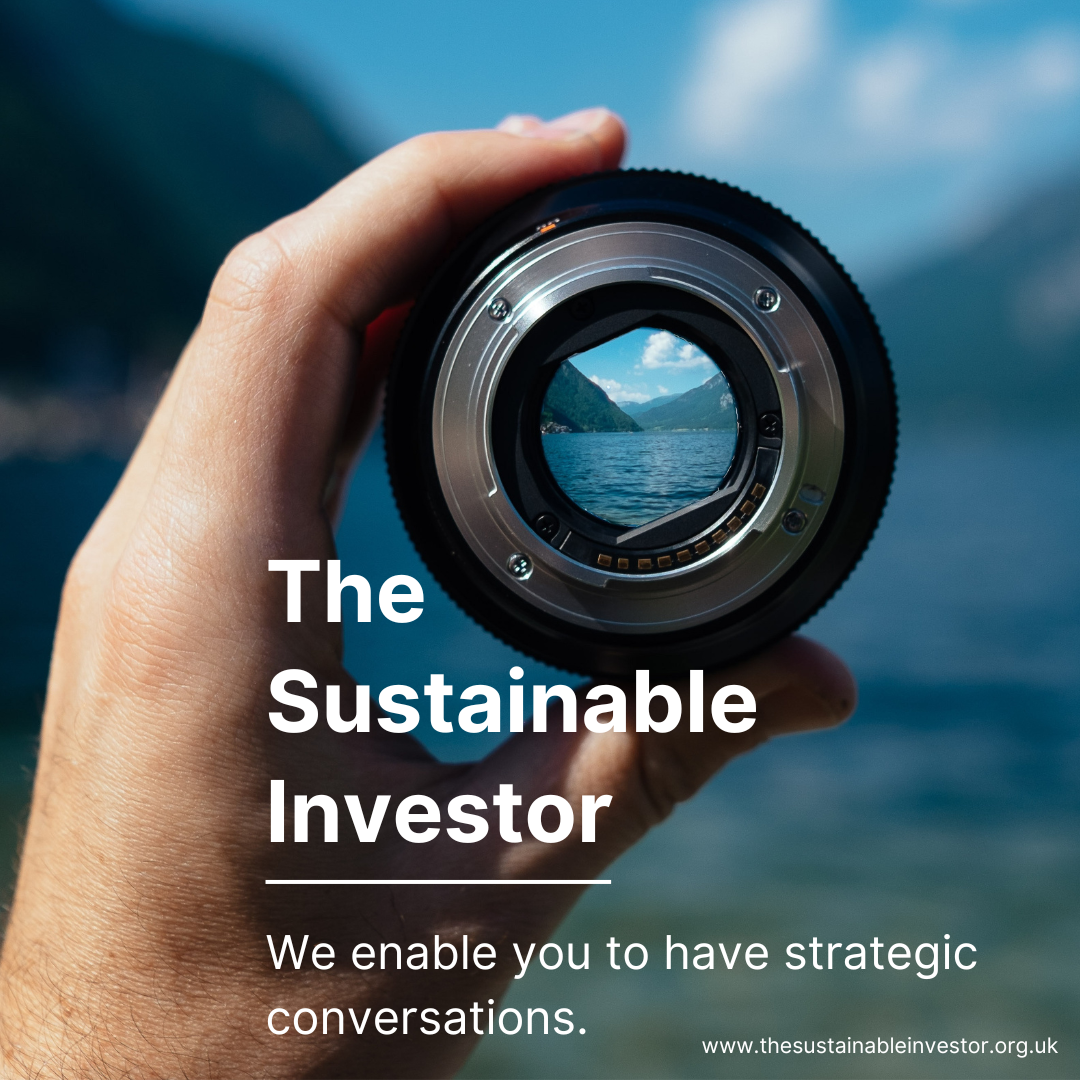
The CSRD gets closer to implementation
The Corporate Sustainability Reporting Directive, the EU legislation that sets out environmental, social and governance reporting requirements for organisations, has passed its final legal hurdle.
Summary: The Corporate Sustainability Reporting Directive, the EU legislation that sets out environmental, social and governance reporting requirements for organisations, has passed its final legal hurdle. Starting in 2025, companies will start reporting under the "new" rules, with most companies covered by 2029.
Why this is important: While formal reporting does not start until 2025 (for the 2024 financial year), the scale of the work means companies really need to start soon, even though much detail is lacking.
The big theme: The consensus among politicians and lobby groups is that one of the big barriers to getting companies to apply ESG best practice is the absence of data. If you measure and report it, in a consistent and comparable way, companies will act on it. And improved reporting will provide investors and other stakeholders with the tools they need to push for change. Globally, we are seeing a big push by regulators to make sustainability reporting compulsory and consistent.

The details
Summary of a story from The European Council
The European Council has recently formally approved the Corporate Sustainability Reporting Directive. After being signed by the President of the European Parliament and the President of the Council, it will be published in the Official Journal of the European Union and will enter into force 20 days afterwards. The new rules will need to be implemented by member states 18 months later.
In practical terms, the regulation means that companies will have to report on how their business model affects their sustainability, and on how external sustainability factors (such as climate change or human right issues) influence their activities. This will equip investors and other stakeholders better for taking informed decisions on sustainability issues.
Let's look at why this is important...
Why this is important
First up, this is the last legal step of what has been a long process, dating back to c. April 2021, when the European Commission presented the CSRD proposal as part of the European Green Deal and the Sustainable Finance Agenda. So, this event should come as no surprise. Despite this, its worth recapping where we are now, and what is still to come. While formal reporting does not start until 2025 (for the 2024 financial year), the scale of the work means companies really need to start soon, even though much detail is still lacking.
The most straight forward way to think of it is that the CSRD sets out what companies have to report, with the sustainability contribution of their activities classified by the EU Taxonomy Regulation ("the taxonomy"), which in turn enables investment product providers to report or label how "green" their investment products are (under the Sustainable Finance Disclosure Regulation). The big changes from previous reporting standards are that reported information must be audited (assurance), more companies are covered, and the reporting requirements are more detailed - so more data.
To paraphrase a description of the regulation "companies need to report the necessary forward-looking, retrospective, qualitative and quantitative information that will enable stakeholders to understand an undertaking’s impacts on sustainability matters and, from the opposite lens, the information necessary to understand how sustainability matters affect an undertaking’s development, performance, and position" Or to translate into real people's language, companies have to report under “double materiality”, a topic we discussed in a recent long blog.
So the intent and scope is clearer, however much of the detail is still to come. Just a few days before the formal ratification, EFRAG, the body tasked to act as technical advisor to the Commission on the detailed standards that will sit behind the regulation, submitted the first set of the draft EU Sustainability Reporting Standards (ESRS). These cover, as well as the general standards, the specific standards on climate change, pollution, water & marine resources, biodiversity and ecosystems, resources and the circular economy, own workforce, workers in the value chain, affected communities, customers and end users, and finally business conduct.
The European Commission will now consult EU bodies and Member States on the draft standards, with the aim of adopting the final standards as delegated acts in June 2023. Next up EFRAG will be focusing on the sector specific standards covering agriculture, coal mining, mining, oil+gas (upstream), oil+gas (mid-to downstream) plus energy production, road transport, motor vehicle production, food/beverages, textiles and the standards for SME's. This should be ready to be presented in draft form in "the next few months".
One criticism of the draft standards, is that following the EFRAG public consultation, the number of data points in the ESRS was reduced by approximately 50%. While this might have been welcomed by the companies that had to collect, audit and report the information, this simplification has led to a reduction in the granularity of data and the requirements for value chain disclosures. As we have highlighted in a number of our blogs on Human Rights law, responsibility for what happens in the supply chain has been shifting to companies. Put simply, they increasingly need to know where their raw materials and inputs are produced, and under what circumstances. So this is an aspect of the new regulations that might come into conflict with how international law is developing. A topic to watch.
Something a little more bespoke?
Get in touch if there is a particular topic you would like us to write on. Just for you.
Contact us
Please read: important legal stuff.

